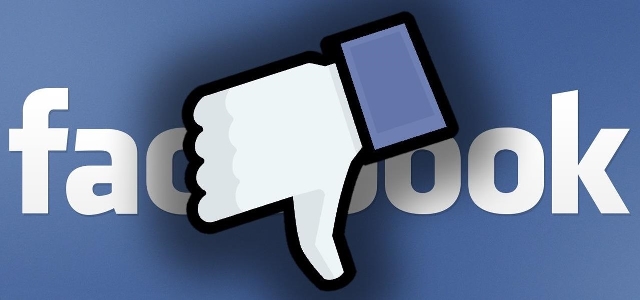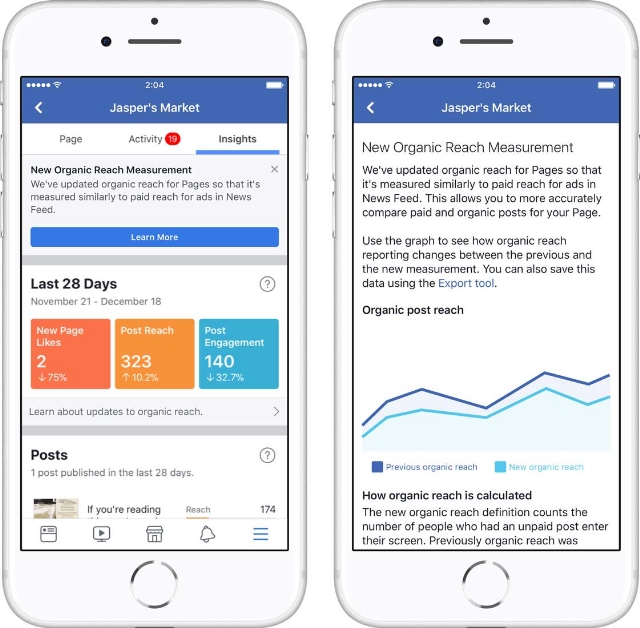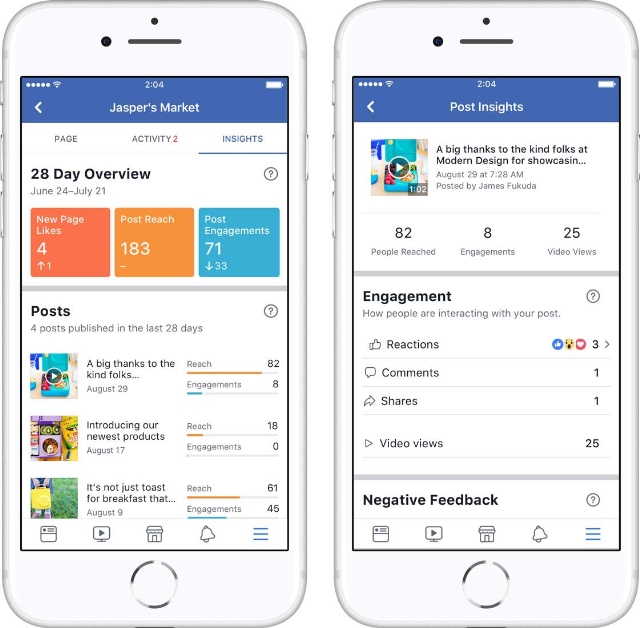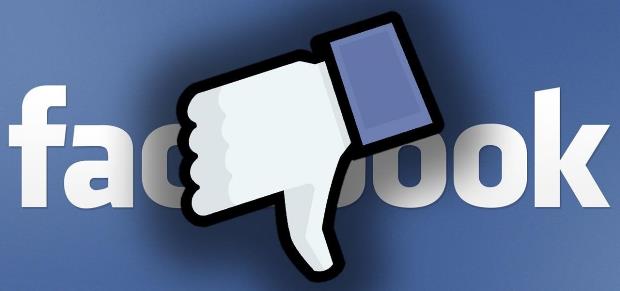
Facebook’s experiment with the “Explore Feed” – where organic content from brands and publishers was hidden away in a second feed – has come to an unceremonious early end.
After less than four months, the social platform has announced the Explore Feed has been discontinued after early feedback showed that “people don’t want two separate feeds.”
The concept was one of Facebook’s biggest recent changes designed to prioritize content from friends and family (and paid advertisers) over content published by liked Pages. While users initially seemed excited at the possibility of decluttering their feeds, the actual implementation went largely unnoticed – except by businesses relying on organic reach to market their brands on Facebook.
In the face of continuously declining organic reach in recent years, the second feed felt like the final nail in the coffin for brands who have so-far refused to buy into Facebook’s ad platform.
All of this came together to make users unhappy with the separate feed. Facebook says recent user surveys found that users were “less satisfied” with the posts they were seeing, and the second feed failed to make the platform feel any more personal.
Many also felt the change made it harder to find information and that Facebook failed to explain the change to users. For example, it was unclear the second feed was just a test until it had been shut down.
“We’re acting on this feedback by updating the way we evaluate where to test new products, and how we communicate about them,” writes Facebook in its announcement.
Don’t think this setback will change Facebook’s direction, though. In its announcement, the company reiterated its commitment to prioritizing “meaningful social interactions” and reducing the reach of non-paying Pages. The announcement goes as far as plainly saying “those changes mean less public content in News Feed like posts from businesses, brands, and media.”


 Now, Facebook has begun calculating reach based specifically on when a post is shown on a person’s screen. That means your view counts are likely to drop in Page Insights, but you’re only losing false-impressions.
Now, Facebook has begun calculating reach based specifically on when a post is shown on a person’s screen. That means your view counts are likely to drop in Page Insights, but you’re only losing false-impressions.



